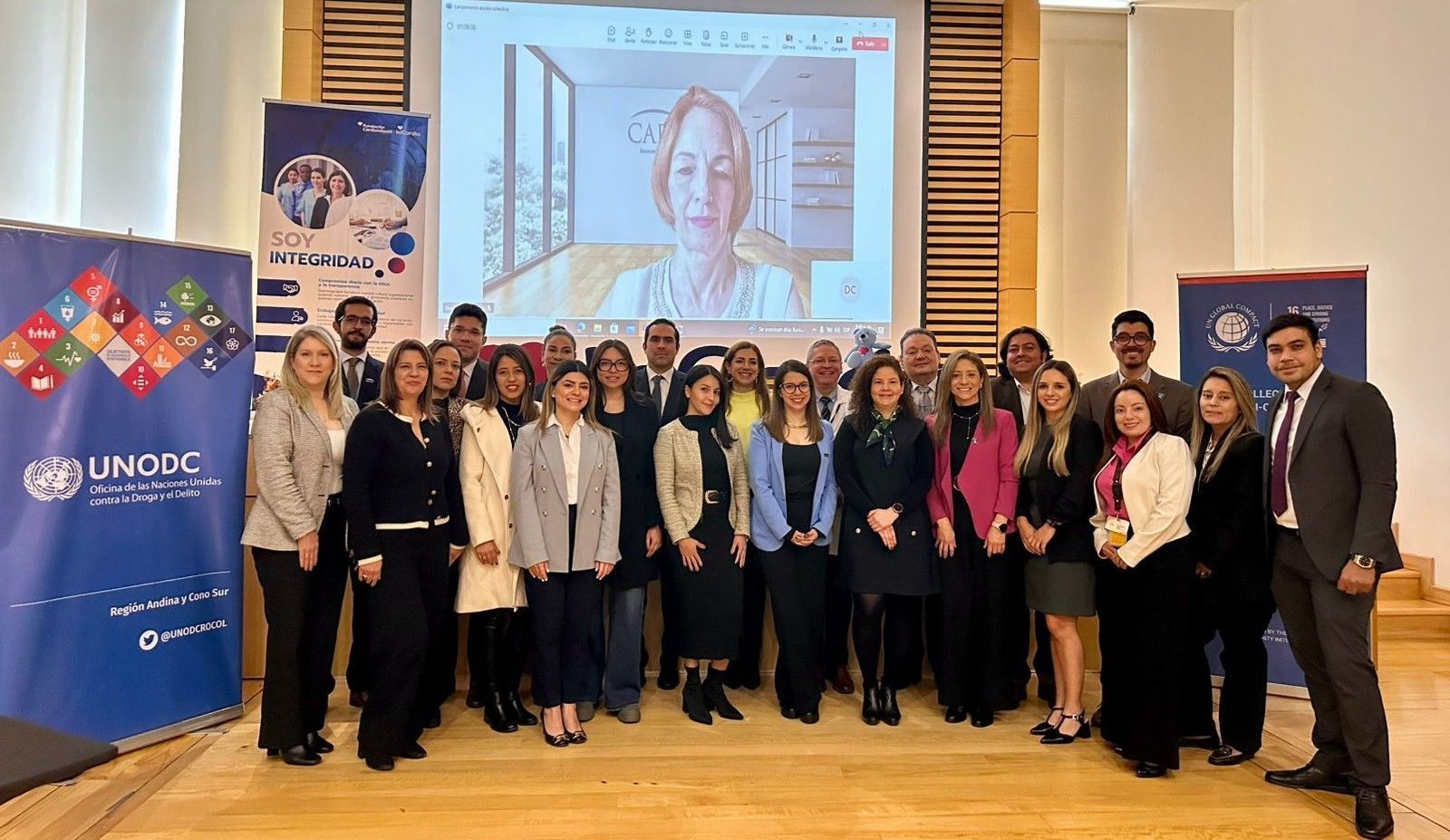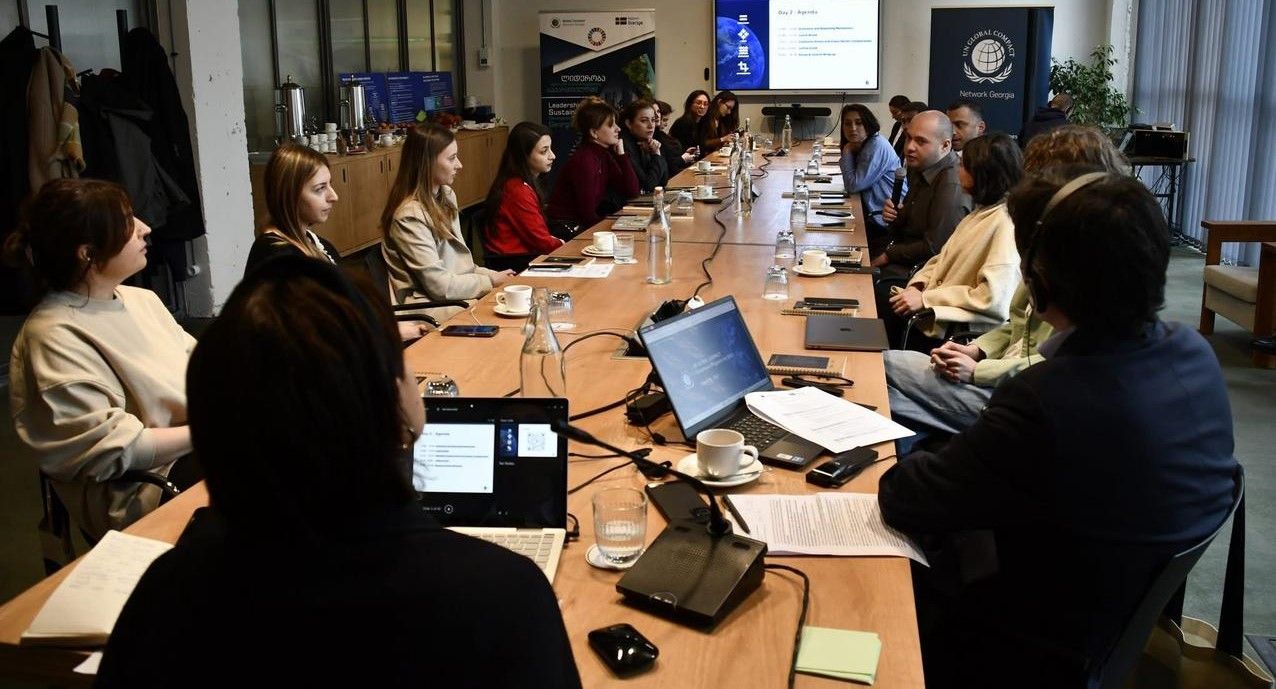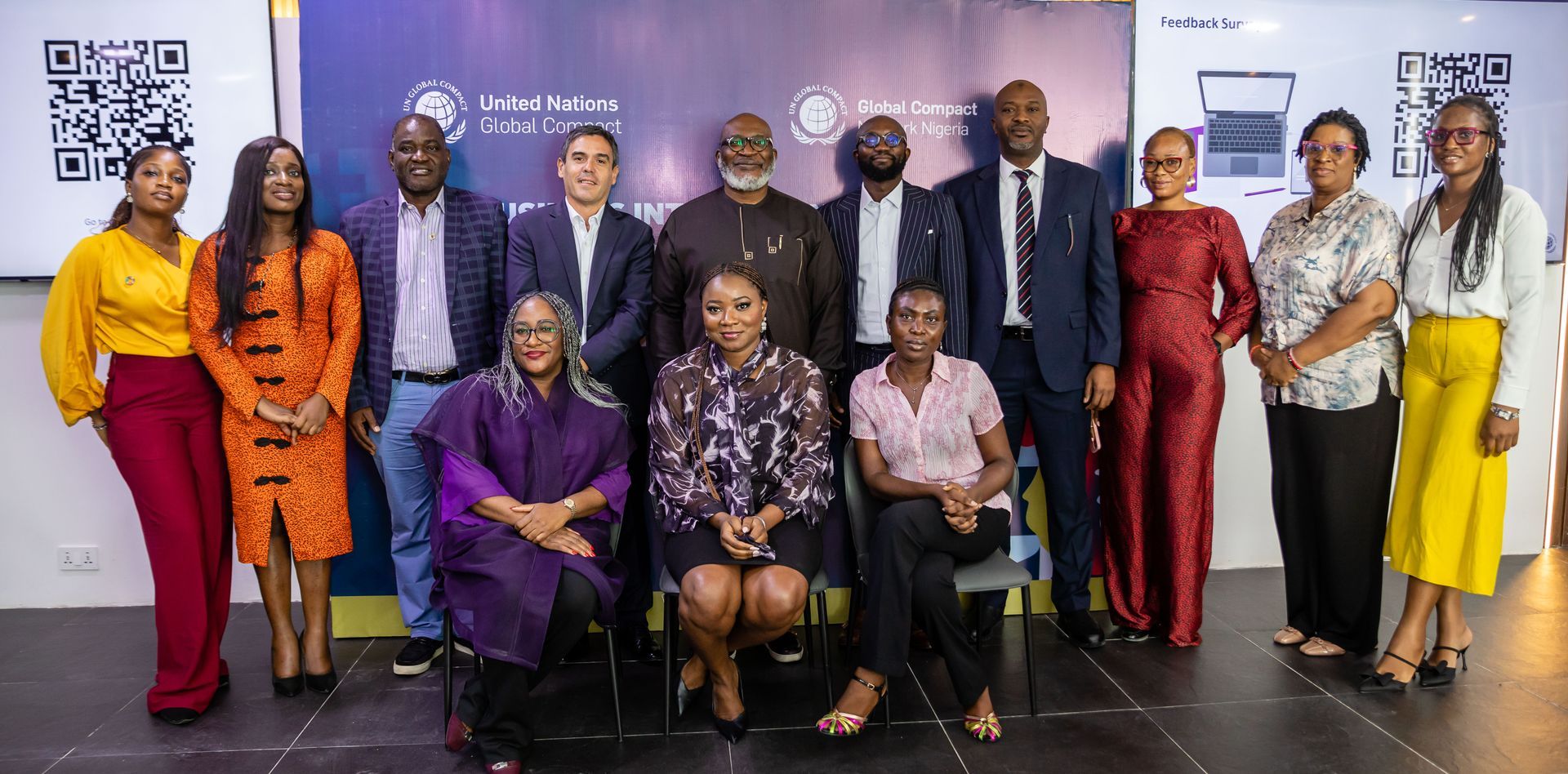United for Business Integrity: how Collective Action workshops sparked change in 11 countries
Corruption undermines economies, widens inequality, and erodes trust in institutions. To address these challenges, the Governance and Anti-Corruption Unit of the UN Global Compact, with support from the Siemens Integrity Initiative, launched the
United for Business Integrity: Global Collective Action Contest in 2024. The contest invited Global Compact Country Networks to propose initiatives to advance Collective Action against corruption. 24 proposals were submitted and 11 Country Networks —
Bulgaria, Colombia, the Democratic Republic of the Congo (DRC), Georgia, Lebanon, Nigeria, Paraguay, South Africa, Spain, the United Kingdom and Uruguay — were selected to receive support.
Through mentoring, funding and resources, the UN Global Compact Anti-Corruption team designed and delivered Collective Action workshops using the
A Playbook on Anti-Corruption Collective Action. Between 2024 and 2025, 17 webinars and five in-person workshops reached over 400 participants from businesses, governments and civil society, providing technical tools, networking opportunities and practical guidance to embed integrity into operations and policymaking.
Country-level impacts
In Bulgaria, representatives from companies, banks and public institutions strengthened compliance systems and fostered dialogue on anti-corruption, risk management and whistle-blower mechanisms, setting the stage for future cooperation and training programmes. Kalin Slavov, Executive Director of Transparency International, said, “Companies with clearly defined ethical rules, internal management systems and high standards do not just survive — they develop sustainably and create value for society.”
In
Colombia, the workshops encouraged companies to embrace accountability and led to the creation of an anti-corruption Collective Action in the health sector, increasing awareness and commitment. In the
DRC, an online workshop promoted transparency in taxation and business integrity, and explored how to better advance and incentivize policy advocacy and public-private dialogue, with the long-term goal of developing and implementing a national anti-corruption plan.

Based on the high level of engagement in
Georgia, it was recommended that companies co-create a draft Code of Conduct to serve as a guide for other SMEs, extending the initiative’s long-term impact. Following the successful workshops and the in-depth, in-person business integrity course series for the local business community, the
Lebanon Network plans to sustain engagement by establishing an Anti-Corruption Working Group among committed companies to continue structured Collective Action efforts.

Building on past experience,
Nigeria’s
workshops focused on helping SMEs strengthen anti-corruption, compliance and corporate governance strategies, reflecting on the realities of the local business environment. Local practitioners also discussed setting up an anti-corruption working group to follow up on the topics discussed and to coordinate current and future initiatives.

Workshop in Nigeria in April 2025
In Paraguay, participants addressed smuggling and other unfair practices, demonstrating the power of uniting public and private actors to tackle corruption. South African SMEs concluded that sustained collaboration, ethical leadership and transparent systems are essential to combat corruption and to promote resilient, integrity-based supply chains for the overall business community in the country.
Spain emphasized prevention. “The key is to adopt a preventive and transformative approach,” said Ailén Rubio of Transparency International Spain, highlighting how training and practical tools can support SMEs in acting ethically. A guideline with recommendations was drafted and published to help local SMEs implement reporting channels based on the national whistleblowing law.
In the United Kingdom, regional working groups discussed efforts to curb illicit financial flows (IFFs). Insights are informing the 2030 Vision: Uniting Europe in the Fight Against IFFs, a long-term initiative to institutionalize business integrity.
The Uruguay Network strengthened relations with anti-corruption authorities to advance public policy initiatives, including the Anti-Corruption Bill, and to support other activities, aimed against money laundering, cybercrime and smuggling. “This Collective Action process gives us the chance to co-create rules that are practical, effective and fair,” a participant said.
What began as a contest has grown into a movement. The workshops strengthened integrity systems in 11 countries and inspired other UN Global Compact Country Networks to develop their own Collective Action road maps.

